Who is a repairman and what does he do?
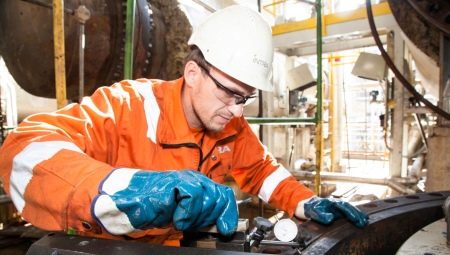
All kinds of apparatus, large units and small devices surround people in all branches of life without exception. Technology has become so firmly established in our life that as soon as it breaks down, a person immediately loses his usual comfort. In order for all devices to work smoothly, a repair specialist is needed.
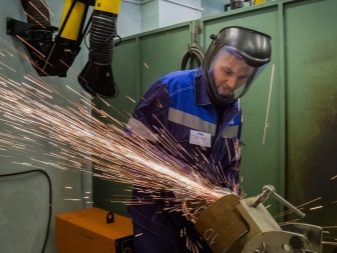

What is this profession?
The specialty of a mechanic-repairman is rooted in the distant past. It appeared at a time when mankind began to master the manufacture of complex mechanisms: for their maintenance, locksmiths were required. In the old days, these craftsmen were responsible for assembling devices, their commissioning, subsequent technical support, as well as repairs if necessary.
This specialty got its name from several words - the German "lock" (schlosser) and the French "replacement" (remonte). This is no coincidence, because the first locksmiths did the repair of broken locks. The first mention of these craftsmen is contained in the Danish archives, it is dated 1463. In the history of Russia, the Lefty from the work of Nikolai Leskov is considered the most famous repairman. He managed not only to repair a metal flea, but also to shoe it.
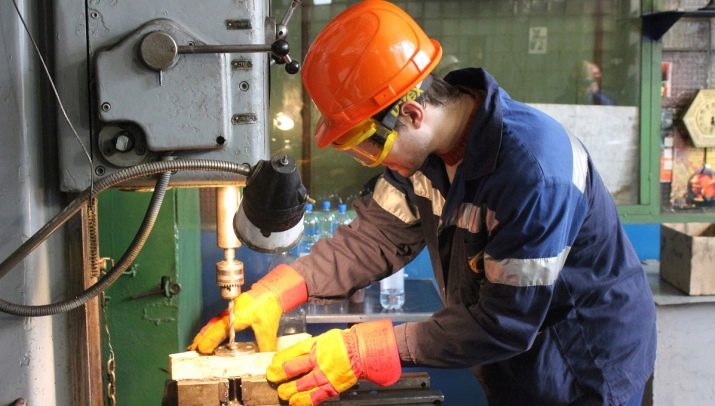
With the development of technology, the functionality of these masters also expanded. Today he is no longer limited to repairing only the locking mechanisms. Nowadays, the profession has been divided into many narrow areas, which directly depend on what devices the master works with. So, in ETKS, a specialist in the repair of machine-building, chemical, and also mining equipment, a car mechanic, a toolmaker, an NGO locksmith, a plumber and even a general master is designated. It is possible to single out such a new direction as the assembly fitter. This position, in accordance with the tariff and qualification reference book, is referred to the category of mechanics-repairmen, but at the same time it is functionally slightly different. Masters in this area are rather responsible for the assembly and adjustment of devices and mechanisms for the subsequent achievement of equipment efficiency. They do repairs to a much lesser extent.
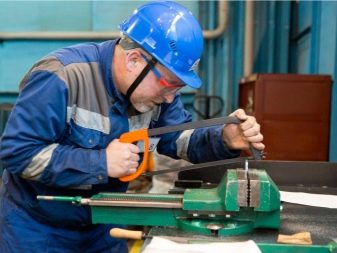
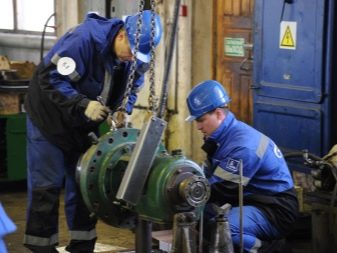
In any case, regardless of the direction of specialization, the professional standard and job duties of each master certainly include several types of locksmith work:
-
assembly, adjustment, as well as repair and replacement of elements, parts and assemblies;
-
metal bending;
-
lapping;
-
threading;
-
scraping and other works.
In most cases, this specialist deals with steel and other types of metals. Although some areas involve the use of plastics, wood and some other materials. In their work, they mainly use simple tools such as a screwdriver, hammer, saw, pliers and chisel. Technological machines and units are not used by them.
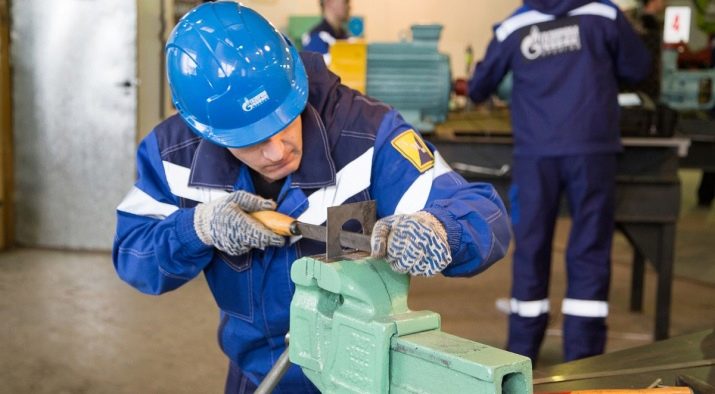
With the development of modern technologies, the position of a mechanic-repairman has become one of the most demanded. Almost every enterprise - both industrial and commercial - has its own department, whose employees are engaged in carrying out repair work of various types:
-
current - when it is necessary to promptly replace a defective part;
-
preventive - when the functionality and correctness of the operation of all production units and mechanisms is checked with a given regularity, if necessary, they are commissioned and then adjusted to a working condition;
-
capital - when worn out and broken systems are replaced to increase their efficiency and productivity.
Thus, the main task of the mechanic-repairman is to identify all breakdowns in a timely manner, correct them correctly, restore broken / worn elements, adjust and grind together, and also protect against corrosion processes. At the same time, the quality and speed of such actions largely determines the efficiency of the entire enterprise as a whole.
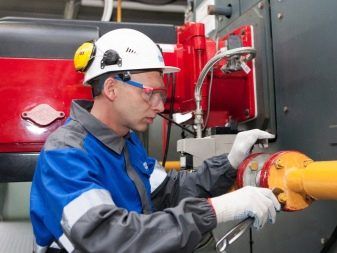
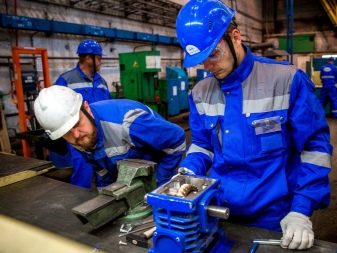
Advantages and disadvantages
Technological progress does not stand still, the mechanisms are constantly being improved. Therefore, the main advantage of foremen, repairmen, is that they are always in demand in the service market. A certified instrument repairman with experience in any socio-economic environment will be able to find a job for himself. And if he has extensive work experience and high qualifications, he can apply for a good salary.
The realities of the profession are such that a repairman has to use many different tools in his work. It is no coincidence that the representatives of this profession can be called generalists, as they say, “of all trades”. The specificity of his activity develops in him the ability to understand any mechanisms, devices and devices. This is a big plus, since such skills often become a source of additional income - there is equipment in every home and in any office, so experienced repairmen work part-time in their free time from their main employment.
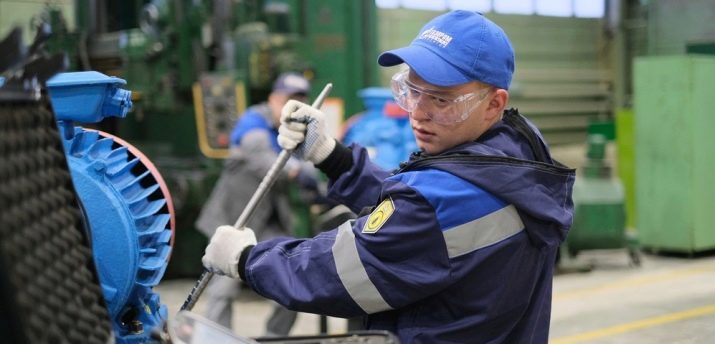
The disadvantages of the specialty are associated with its irregular working day. Equipment breaks down beyond hours, so locksmiths have to carry out repair work in the evening and night hours, weekends and holidays. And if the breakdown is large-scale and delays the production process, then the master is forced to work literally day and night, completely forgetting about the lunch break and a night's sleep.
The conditions in which the repairman works cannot be classified as comfortable. Professional activity involves an abundance of dirt in the truest sense of the word.
This profession requires maximum attention, concentration and scrupulousness. This is monotonous work that not everyone is able to withstand. You must admit that not everyone can, without experiencing internal irritation, repeatedly assemble and disassemble the same device in an attempt to establish the cause of the breakdown. Only the person who is predisposed to monotonous work and understands it is capable of this work. People who are impatient in this profession are unlikely to achieve noticeable success.
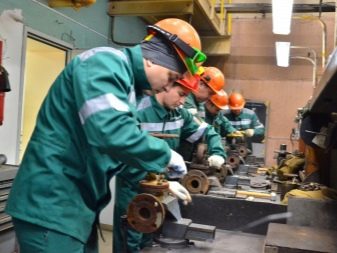

Responsibilities
The complete list of duties of a repair locksmith depends on his qualifications and areas of professional activity. In its most general form, its labor functions include:
-
repair work;
-
assembly-disassembly, as well as adjustment of devices and production units;
-
installation and dismantling, adjustment and repair of units, assemblies and other equipment, as well as their delivery after repair work;
-
locksmithing of mechanisms;
-
manufacturing of complex devices for installation and restoration;
-
carrying out rigging works using lifting and transporting units and specialized devices;
-
timely identification and prompt elimination of any flaws in working mechanisms in the course of their use, compilation and submission of a defective statement;
-
load testing of remanufactured equipment, verification of the accuracy of its functioning.
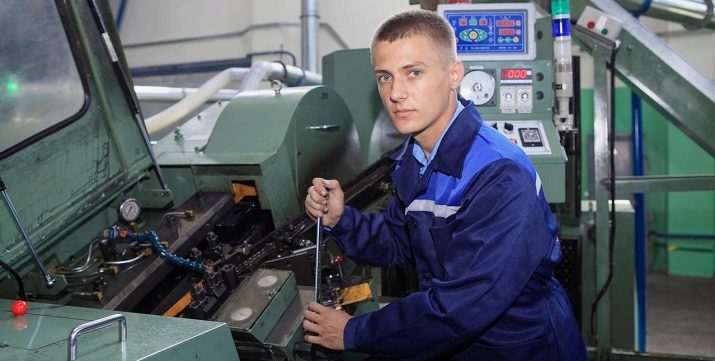
The repairman has the right to:
-
give instructions to subordinate employees within the scope of his job functions;
-
keep under control the execution of assigned tasks by employees subordinate to him;
-
request documents and other materials related to the area of his work;
-
interact with related divisions of the firm on any issues included in the list of professional duties;
-
take part in the development of projects for the development of the company in terms of the work of the department;
-
to offer the management for consideration any proposals for optimizing work within the framework of their competencies;
-
inform the head of the enterprise about any identified violations in connection with the performed professional tasks.
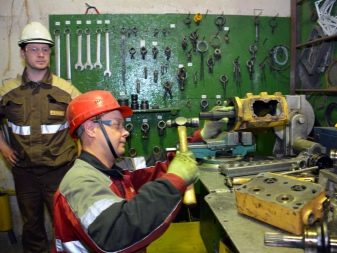
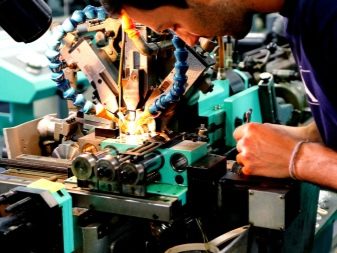
In accordance with Russian law, the repairman is responsible, in some cases even criminal. The reasons can be:
-
non-fulfillment or improper fulfillment of orders and instructions of the immediate superior;
-
non-fulfillment or improper fulfillment of tasks delegated to him;
-
use of official powers for personal gain;
-
inaccurate data during the execution of delegated work;
-
failure to take timely response measures in case of violations of fire safety standards, safety measures and other norms that have led to a threat to the activities of the company and its employees.
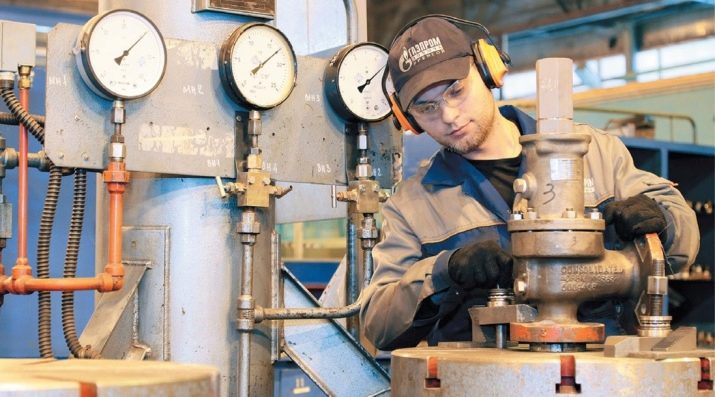
Primary requirements
Personal qualities
The law does not regulate demographic restrictions on this position. However, as practice shows, such a profession is too difficult for women, therefore, the overwhelming majority of men serve as locksmiths-repairmen. However, there are a number of medical contraindications. These include:
-
pathology of the musculoskeletal system;
-
diseases of the cardiovascular system and respiratory system;
-
predisposition to allergic diseases;
-
visual defects;
-
neuropsychiatric disorders.
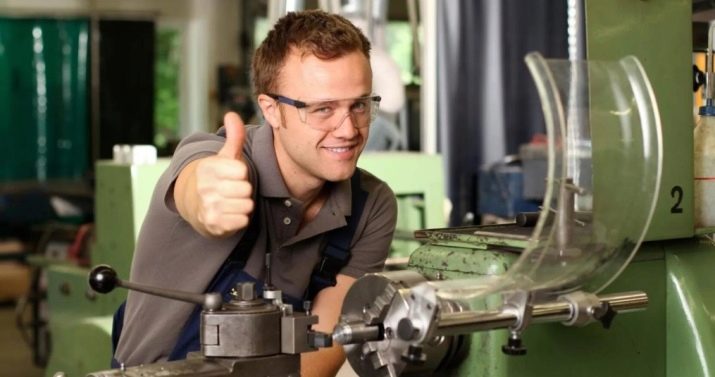
Applicants for the position of a mechanic-repairman must have a certain set of personal characteristics:
-
good eye;
-
developed fine motor skills of the hands;
-
spatial thinking;
-
high organization;
-
attentiveness;
-
perseverance;
-
accuracy;
-
persistence;
-
creativity;
-
a responsibility.
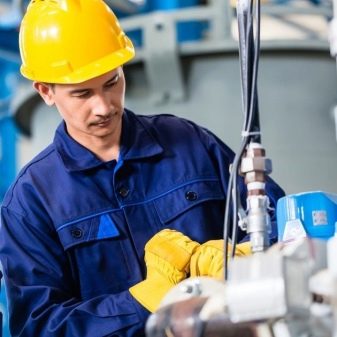
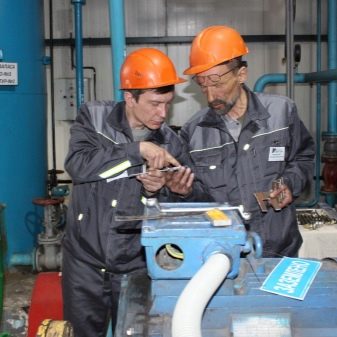
Knowledge and skills
To do his job professionally, a repairer must be well versed in:
-
design and arrangement of serviced mechanisms, instruments and other equipment;
-
rules and norms for regulating devices and assemblies;
-
techniques for eliminating technical defects during assembly, subsequent testing and equipment restoration;
-
device, purpose and operational features of CMMs;
-
the structure of devices of universal and specialized types;
-
marking options and methods of processing units and mechanical parts;
-
the principles of the system of landings and tolerances;
-
technical and chemical parameters of alloys, including acid-resistant ones;
-
basic standards for scheduled maintenance of production equipment;
-
codes of technical standards for assembly, adjustment, testing, adjustment, restoration, units and other equipment;
-
stages of the technological process of assembly, installation and restoration of production devices;
-
norms and rules for balancing testing of production devices;
-
the intricacies of the geometry of constructions when carrying out the markup;
-
methods of identifying the degree of wear of working parts of mechanisms;
-
technique for restoring worn-out elements;
-
methods of applying a protective coating.
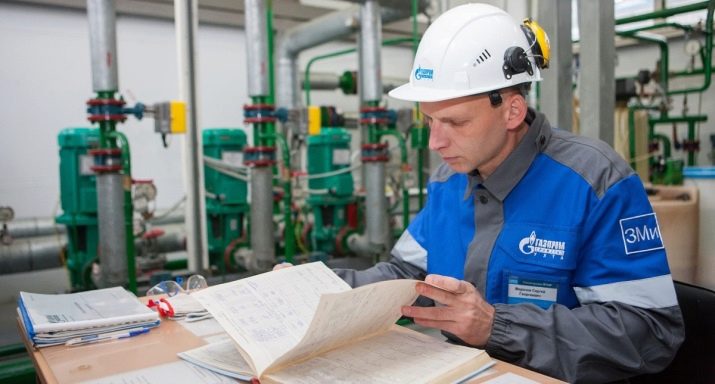
In his activities, the repairman should be guided by:
-
current regulations of federal and municipal significance;
-
teaching materials on all aspects of the duties performed;
-
the requirements of the company's internal regulations;
-
by orders of the management of the enterprise.
The locksmith should also know the basic rules of safety, labor protection, fire protection instructions and industrial sanitation.
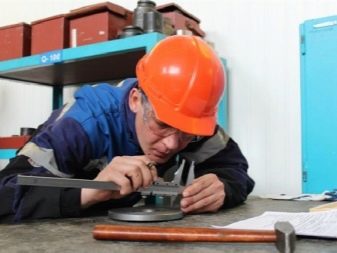
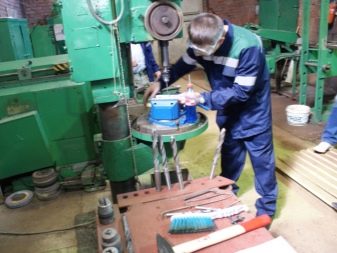
The locksmith-repairman must prove his qualifications. The assessment of its activities is carried out:
-
by the head - constantly in the course of the daily performance of the master of his official functions;
-
the attestation commission - periodically, but not less than once every two years.
The basic criterion for assessing the professional activity of a repair mechanic at an enterprise is the completeness, quality and efficiency of the work they carry out, provided for by the ID.
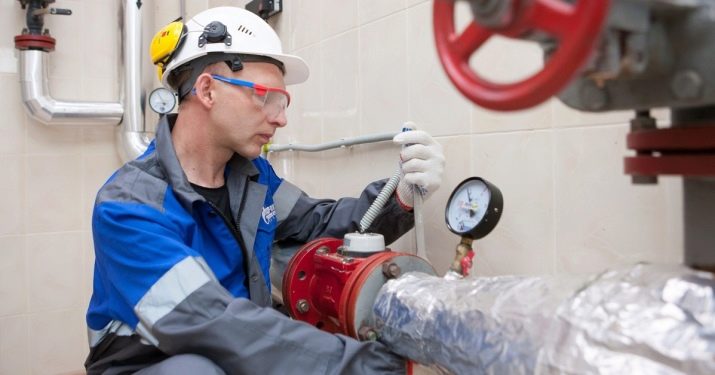
Education
The profession of a locksmith-repairman can be trained in a secondary school, where there is a direction "master of locksmith work". Training can be carried out in several programs:
-
repair of tractors and other agricultural machinery;
-
repair of boiler equipment;
-
repair of communication lines and rolling stock, and many others.
Admission to technical schools is based on grades 9 or 11. You do not need to take exams - the enrollment is based on a certificate competition.
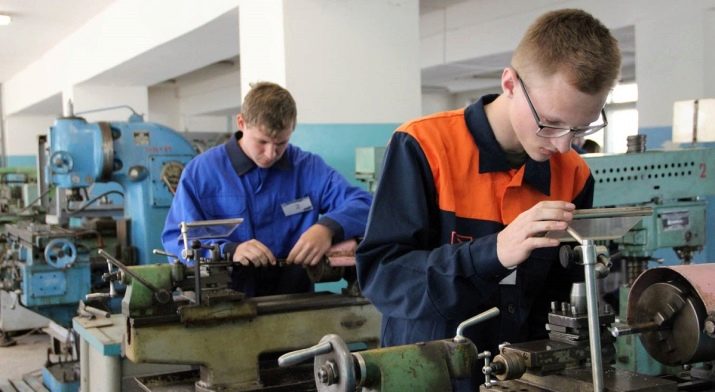
Since the activity of a mechanic-repairman is primarily related to practical skills, it is possible to master the intricacies of the profession only in the course of work. Theoretical knowledge alone will not be enough. For this, future foremen get a job as apprentices in production workshops, where, under the patronage of a qualified employee, they acquire the basic skills required to perform the work.
A college graduate diploma by itself, even with an apprenticeship record in production, will not help you advance in your career. The only thing young specialists can count on is the position of a foreman or a senior foreman. That is why many graduates continue their studies at universities in the direction of "mechanic". This opens up much broader professional perspectives.
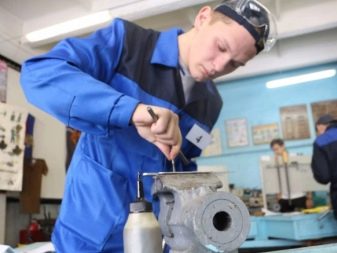
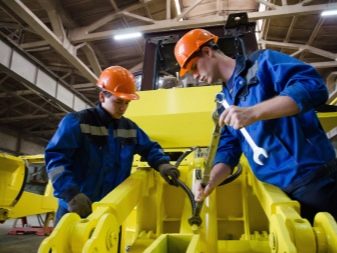
The salary
Locksmiths-repairmen can get a job in firms working in the construction machinery industry:
-
agricultural, refrigeration, oilfield and industrial equipment;
-
reloading devices and PMG;
-
fuel equipment;
-
agricultural machinery.
The career development of a repairman consists in an increase in his qualification level, followed by a corresponding increase in the amount of remuneration.That is why it is unlikely that it will be possible to make a career and achieve high-paying positions without obtaining additional education with confirmation of qualifications.
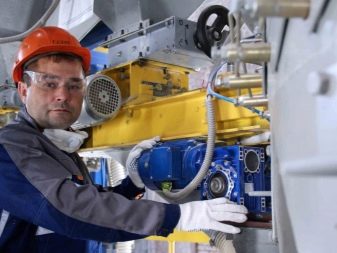
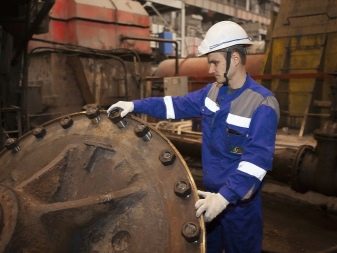
However, all these expenditures of time and effort are fully justified, contractors and utilities are always interested in specialists with a grade higher than 3 (4 or 5), with more than 2 years of experience. And if a driver's license is attached to this, then the chances of finding a job increase dramatically.
On average, the salary of a mechanic-repairman in Russia is from 20 to 30 thousand rubles. Moreover, the higher the qualifications, the larger the salary. In harsh working conditions, in remote regions, employers can pay 1.5-2 times more - there wages can go up to 75 thousand. In Moscow and St. Petersburg, the maximum bar is kept at around 90 thousand rubles.
Many locksmiths in their free time work part-time privately. Moreover, this income is often comparable to the size of their official wages.
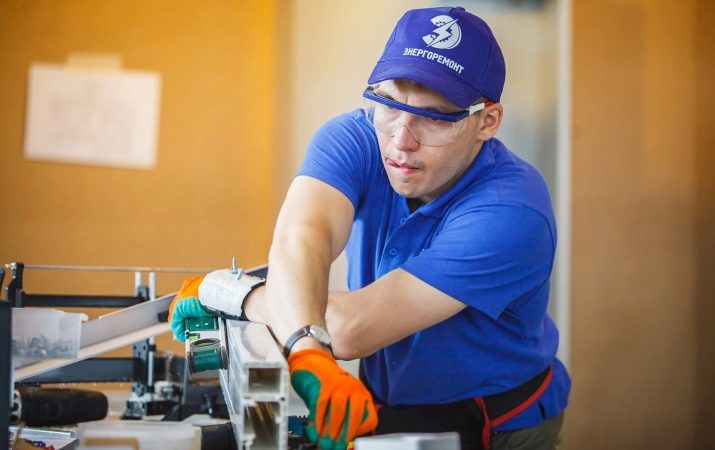
You will learn even more information about such a demanded profession as a mechanic-repairman by watching the following video.








